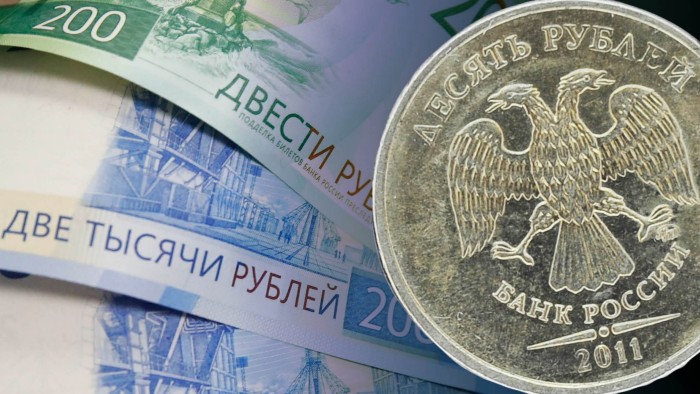Stay informed with free updates
Simply sign up to the Russian business & finance myFT Digest — delivered directly to your inbox.
US and EU companies that have stayed active in Russia paid the Kremlin about $3.5bn in taxes on their profits in 2023, bolstering the country’s finances despite international pressure on them to leave following the invasion of Ukraine.
Businesses based in G7 and EU nations accounted for 17 of the top 20 contributors of corporate profit tax in Russia in 2023, according to a ranking based on estimates by campaign group B4Ukraine and the Kyiv School of Economics Institute, published on Monday.
Hundreds of western companies have either left Russia or scaled back their operations there following the country’s full-scale invasion of Ukraine in February 2022.
But the KSE Institute said nearly 2,000 multinationals that continued doing business in Russia had paid roughly $21.6bn in total in 2023, such as for value added tax, payroll and exit taxes.
Their total estimated tax bills of $41.6bn since the start of the 2022 invasion, were equivalent to about 10 per cent of Russia’s expected government expenditure in 2025.
Following Donald Trump’s election victory in the US last year, Russia’s President Vladimir Putin suggested that some American companies were eyeing a return to the country, saying: “They can come back, but of course under new conditions, with losses.”
US companies, including Philip Morris International, PepsiCo, Mars, Procter & Gamble and Mondelez, were the biggest foreign payers of Russian profit tax in 2023, contributing a total of $1.2bn, according to the B4Ukraine report.
The companies did not immediately respond to requests for comment.
Mondelez’s chief executive last year told the Financial Times that investors did not “morally care” whether companies continued to do business in Russia, and said it faced no pressure from its own shareholders to leave the country.
German companies were the second-biggest payers, incurring $693mn in profit tax in 2023, including about $42.3mn paid by Adidas, according to the report. The sportswear group, which suspended its Russian operations after the invasion, did not immediately respond to a request for comment.
Austrian businesses paid about $579mn, more than 80 per cent of which came from Vienna-based lender Raiffeisen Bank International. The European Central Bank last year told Eurozone lenders with operations in Russia to speed up their withdrawal plans.
Raiffeisen said its Russian business had reduced its loan portfolio from €13.7bn to €4.5bn since the beginning of the war in Ukraine.
It added that in line with the ECB decision, Raiffeisen had “further accelerated its business reduction in Russia in the third quarter of 2024” and that this would continue. “At the same time, [Raiffeisen] is working on a deconsolidation of Raiffeisen Bank Russia,” it said.
The report noted that the figures on corporate taxation come as Russia’s finance ministry has earmarked a record $133.6bn for defence spending in 2025.
Nataliya Popovych, member of B4Ukraine, said that while some companies had “reaped short-term financial gains” from remaining in Russia, they were now “effectively hostages to their own greed — facing rising taxes, demands to support the Russian military and becoming targets of overnight expropriation”.
The Kremlin has put tight restrictions on western companies wishing to leave Russia, including by moving last year to increase exit taxes and by seeking steep discounts on assets being sold by “unfriendly” countries.
“In hindsight, the optimal strategies for foreign businesses in Russia appear to have been either to leave immediately or not at all,” said Vasily Astrov, an economist at The Vienna Institute for International Economic Studies.
“Those who hesitated for too long but decided to leave in the end are paying a high price”.
Additional reporting by Simon Foy, Madeleine Speed and Florian Müller
Read the full article here

